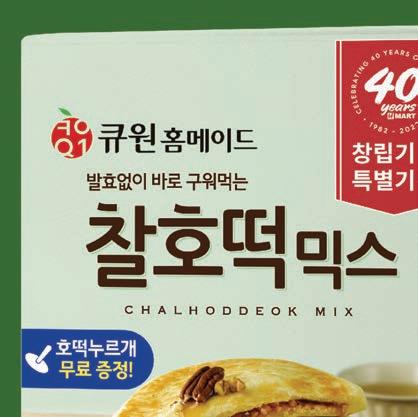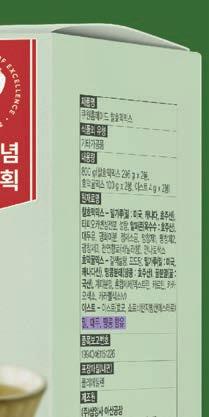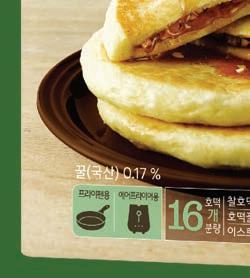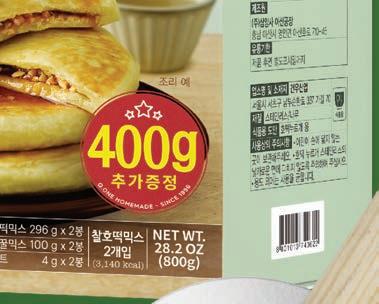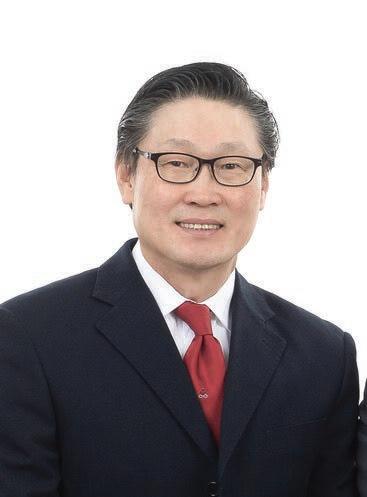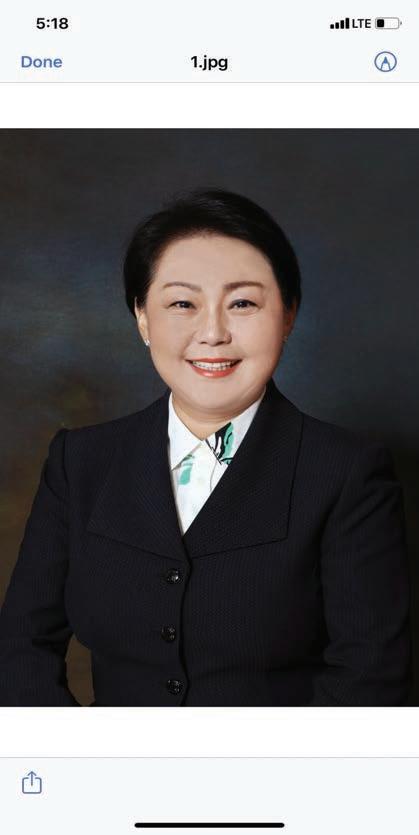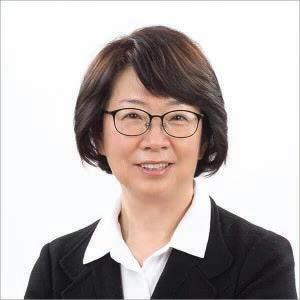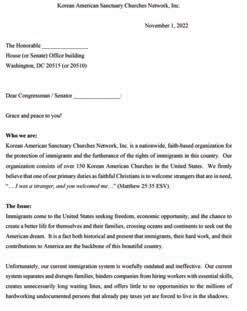
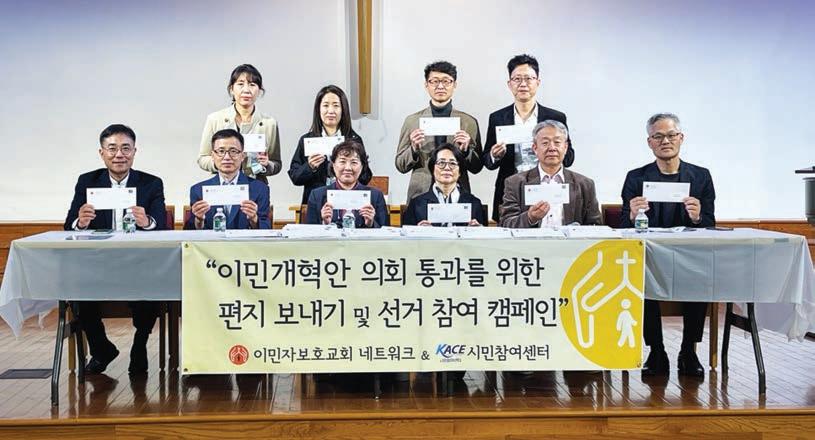
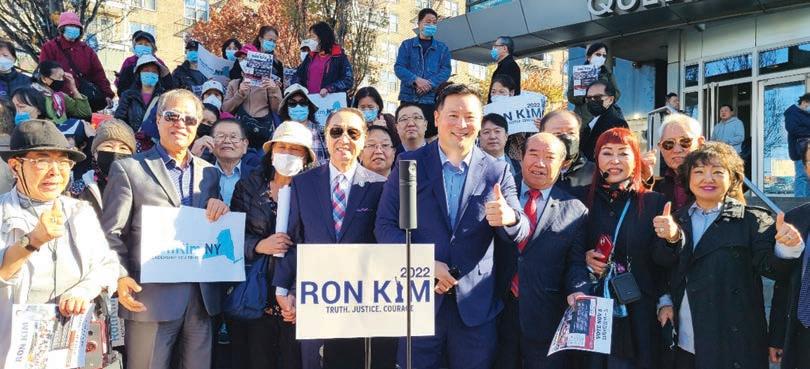



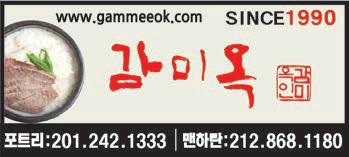
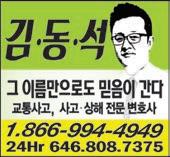

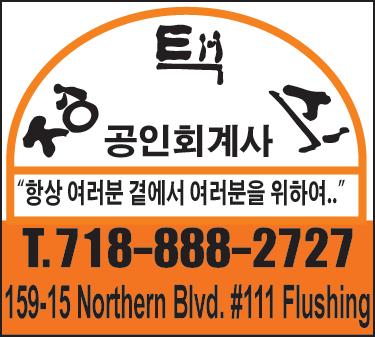


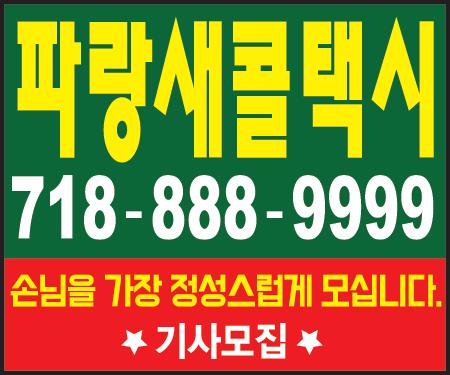

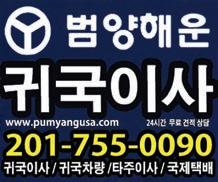
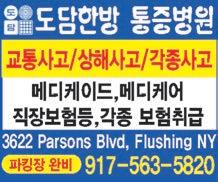


As a third generation Korean Canadian, I am very proud of my Korean heritage. Over 50 years ago, my relatives first arrived in Canada. I have often wondered how it came to be that we now live in a country full of opportunity and prosperity. As I researched our community’s roots and my own family’s stories of strength and resilience, I became inspired to share this inspirational journey of Korean Canadian pioneers with you today.
The main motivating factor for Korean immigration to Canada was the aftermath of the Korean War. The fallout of this tragedy brought poverty, low quality of life, and little opportunity to improve one’s socioeconomic situation. To Korean people at the time, Canada offered an opportunity for a fresh start and the dawn of a better life. Fortunately for them, in 1967 Canadian Prime Minister Pierre Elliot Trudeau reformed Canada’s immigration policies to make it easier for non-European immigrants to gain entry into the nation. This further motivated Koreans to start a new life in Canada, and try to settle into this new, unfamiliar home.
Although many of our firstgeneration Korean Canadians did not speak English well, they successfully assimilated into Canada because of their qualifications and a variety of skills acquired in their home country. These talents were supported by the fighting spirit we Koreans carry within our hearts, regardless of where we go across the world. The first generation worked hard and paved the way for the future generations of Korean Canadians to succeed in countless ways today. Personally, I am inspired by my own great aunt, Myungja Kim,
the first person in our family to come to Canada in 1967, when the Korean Canadian population was very few.
Prior to immigrating to Canada, she graduated from SoGang University in Seoul. She studied computer science at the University of Toronto for one year. She then acquired a job with Ontario Hydro which was extremely rare at the time, because she was a racial minority and a woman. My grandfather, ChangBum Kim, studied trades at Kyunggi Technical High School in Seoul. He then made weapons and artillery for the Korean military and then landed a job in South Vietnam with an American company until 1970. That year, my grandfather came to Canada to follow my great aunt. He was able to get a job with General Electric just two days after arriving in Toronto. This was all thanks to his skills in technical trades and extensive experience acquired in Korea.
Korean Canadians have always experienced racism but since COVID19, hate crimes against Koreans have increased. Statistics Canada reported
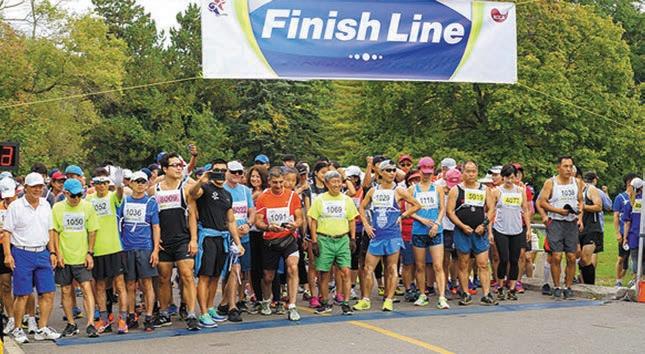
in July 2020 that 27% of Koreans perceived more frequent race-based harassment or attacks, a rate that is three times higher than the rest of the Canadian population. Despite these struggles, our community has achieved many milestones that make me proud to be a Korean Canadian.
My father, a second generation Korean Canadian, was taught the value of hard work and a higher education by my grandparents. While growing up in Vancouver, they experienced racism at school, in the neighborhood and in their places of employment.Through this, my grandparents taught my father to chase opportunity, to be honest and work hard to overcome inequality and racial discrimination. These values were passed on to the second-generation of Korean Canadians from their elders, who continue to demonstrate success and contribute to Canadian society in many ways today.
Korean Canadians are able to sustain Korean culture and identity in Canada. There are Korean cultural
centers established in Toronto and Vancouver as well as many Korean Canadian churches. Most Koreans in these organizations are one and a half or first-generation Koreans. They have a closer connection to Korean culture and language, which strengthens their identities and the Korean community.

For the older generation, Korean churches and senior societies are a valuable social connection to their homeland that permits them to be themselves as Koreans living in Canada.
The main contribution to Canadian society made by the first generation of Korean Canadians was raising their children to be such hard workers and successful members of society. They demonstrated to their kids that with hard work, you can achieve anything, and that a higher education breaks through cultural barriers and racial discrimination. The following are some key examples of second-generation Korean Canadians who have positively impacted Canadian society. Senator

Yonah Martin is the first Korean Canadian Senator and first Korean Canadian parliamentarian in Canadian history. She has cemented a partnership between Canada and Korea in trade, culture and the legacy of Korean War Veterans in both countries. Senator Martin has inspired many second-generation Korean Canadians to pursue opportunities in the Canadian public service, like my father. Jim Paek is the first NHL player of Korean descent in the history of the NHL. As a Korean Canadian who immigrated to Canada at the age of 1, he won two Stanley Cups. He brought the sport of ice hockey to South Korea for the first time, and now he coaches the Korean Olympic Ice Hockey Team. On a more personal note, my father Justice Leonard Kim, was recently appointed as an Ontario Provincial Court Judge, making him the first Korean Canadian Judge in Ontario, and the second in Canada. I believe he will use the law to promote equality and access to justice for all people in our society.
One thing I have learned from the experiences of Korean Canadians is that hard work, resilience and the willingness to succeed can get you anywhere in life. Due to their exceptional work ethic and determination, we have seen countless Korean Canadians overcome cultural barriers and racism. They have truly demonstrated that it does not matter how different you may be from the majority of society and that you can achieve your dreams no matter the circumstances. I will most definitely keep this message close to my heart as I progress through life, and I hope that all who hear the story of Korean Canadians are as inspired as I am.

